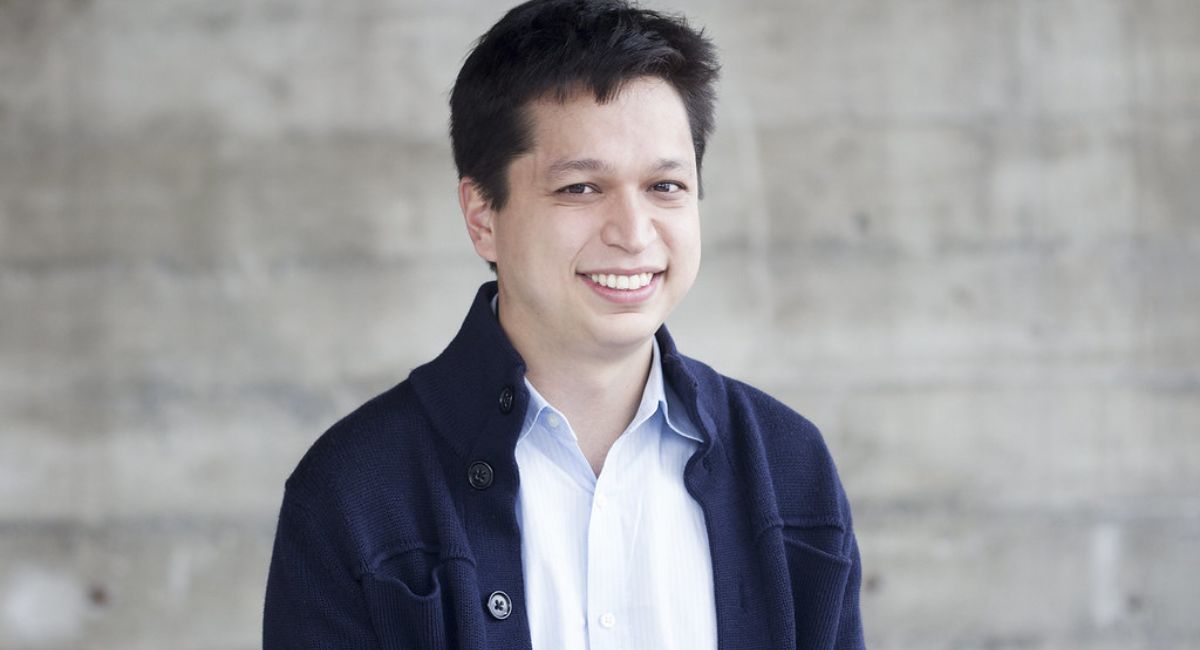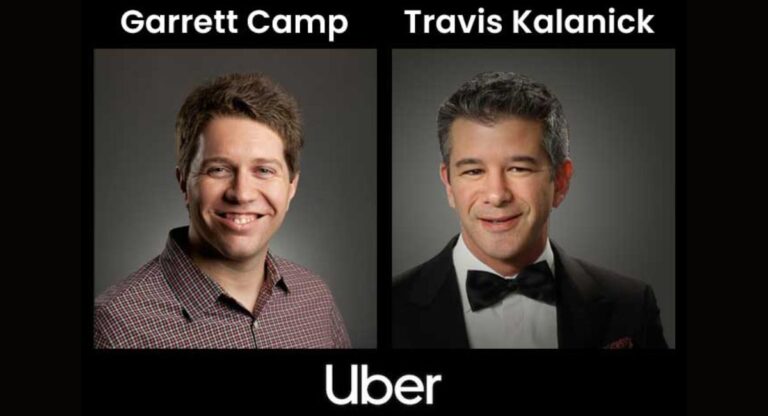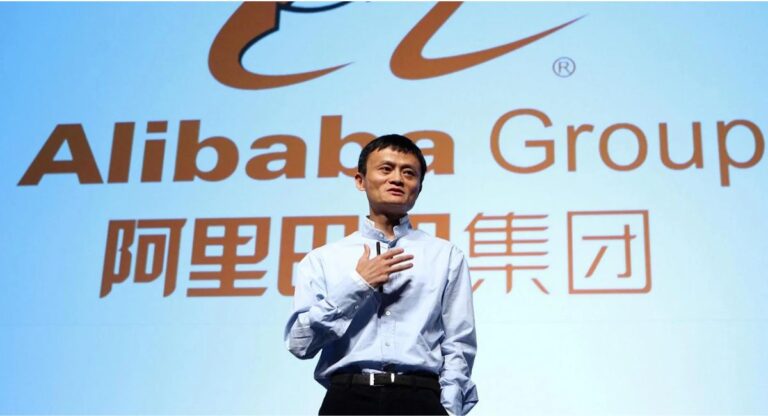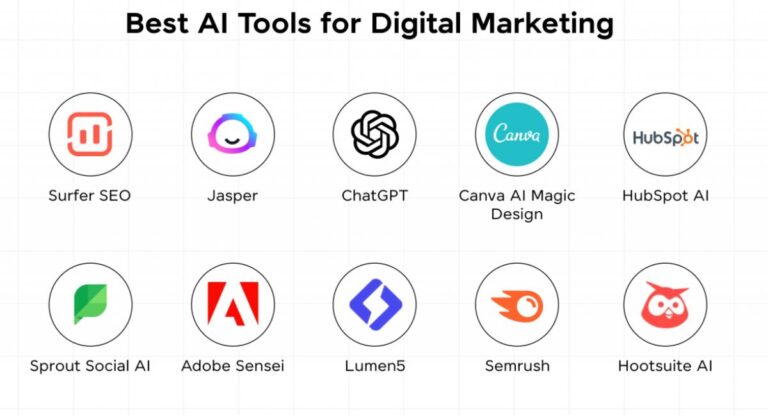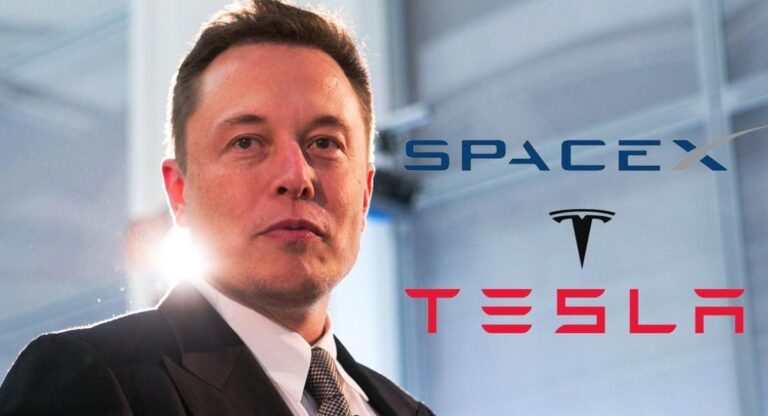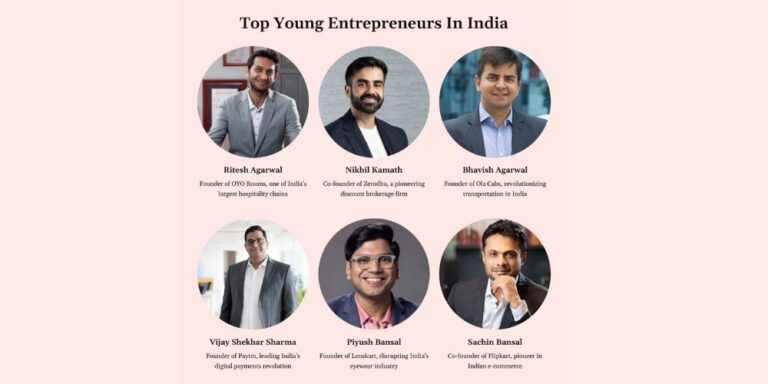Pinterest Founder Ben Silbermann turned his fascination with collecting and visual organization into a digital movement that changed how the world discovers ideas. His creation, Pinterest, became a platform where millions go not just to scroll but to dream, plan, and create.
Unlike other social media platforms focused on likes and status, Pinterest emphasizes visual discovery, giving people the ability to explore creativity without noise. This blend of human insight and quiet innovation made Ben Silbermann one of the most respected digital pioneers of his generation.
READ MORE : How Howard Schultz Built Starbucks’ Global Coffee Culture
About Pinterest Founder Ben Silbermann
- Full Name: Ben Silbermann
- Date of Birth: July 14, 1982
- Birthplace: Des Moines, Iowa, USA
- Education: Yale University (Political Science)
- Early Career: Product Specialist at Google
- Founded Pinterest: 2010 (with Paul Sciarra and Evan Sharp)
- Known For: Pioneering visual discovery and digital creativity
Pinterest Founder Ben Silbermann represents the new wave of thoughtful innovators who prefer creating meaningful tools over building hype. His approach combines curiosity, empathy, and precision qualities that have made Pinterest not just a company but a culture of creativity.
Who Is Pinterest Founder Ben Silbermann
Growing up in Iowa, Pinterest Founder Ben Silbermann developed a fascination with collecting. His parents, both doctors, encouraged his curiosity, and his childhood collections of insects and stamps helped him see the beauty in organization. Those early habits would later form the foundation of Pinterest’s concept collecting, categorizing, and finding meaning in visual patterns.
After graduating from Yale, he worked at Google but found himself drawn to creating something more personal. Together with Paul Sciarra and Evan Sharp, Silbermann launched Pinterest in 2010 as a digital pinboard for inspiration. The early days were slow, but his persistence and belief in human-centered design guided the platform’s steady rise.
READ MORE: Top 5 AI Tools for Digital Marketing to Boost Your Campaigns
The Birth of Pinterest: A Creative Revolution
When Pinterest Founder Ben Silbermann first released Pinterest, the digital landscape was crowded with platforms focused on social interaction and status. Silbermann envisioned something different, a space designed for creativity and visual discovery, not social competition.
Pinterest allowed users to collect, organize, and share ideas visually. In its earliest phase, Silbermann personally reached out to users for feedback. His genuine curiosity helped shape a platform that encouraged inspiration rather than attention.
How Pinterest Redefined Online Sharing
| Platform | Launch Year | Main Focus | Key Difference |
| 2004 | Social networking | Connects people through updates | |
| 2010 | Photo sharing | Captures life moments visually | |
| 2010 | Visual discovery | Collects and organizes creative ideas |
Pinterest’s launch marked the beginning of a creative revolution. It shifted the digital experience from communication to inspiration, giving users a way to visually express goals, passions, and dreams, something few other platforms achieved at the time.
Vision and Philosophy of Pinterest Founder Ben Silbermann
Silbermann’s philosophy rests on empathy, simplicity, and the belief that creativity flourishes when people are free to explore. He sees Pinterest as a catalog of ideas, not a competition for attention.
Core Principles That Guide His Leadership
- Empathy for Users: Silbermann always prioritized the emotional needs of users. He encouraged his teams to build features that spark joy, curiosity, and a sense of belonging.
- Long-Term Vision: Instead of chasing fast trends, Pinterest focuses on consistent innovation that nurtures creativity over time.
- Creativity Over Competition: Silbermann believes inspiration, not rivalry, fuels innovation. This mindset keeps Pinterest positive and authentic.
- Integrity in Innovation: Every new update must enhance how people discover and use ideas in their daily lives.
READ MORE : The Story of Jeff Bezos: How One Idea Changed Shopping Forever
Pinterest as a Platform for Creativity
Under Silbermann’s direction, Pinterest grew into a global hub for creativity. It allows users to turn abstract dreams into organized visual plans from home makeovers to travel adventures.
How Pinterest Encourages Creativity
- Visual Planning: People can visualize projects step by step, using pins as creative blueprints for everything from fashion ideas to business goals.
- Collaborative Boards: Shared pinboards enable friends, families, or teams to build ideas together, turning individual imagination into collective innovation.
- Educational Tools: Tutorials, infographics, and visual how-to guides make learning accessible and enjoyable for everyone, regardless of skill level.
Pinterest Founder Ben Silbermann succeeded by creating a platform that made imagination practical. Pinterest became more than a digital scrapbook; it became a creative ecosystem where ideas evolve into action.
The Role of Innovation in Pinterest’s Growth
For Pinterest Founder Ben Silbermann, innovation is about refining the human experience rather than reinventing it. Pinterest’s growth has been powered by steady, thoughtful improvements designed to help users find inspiration more intuitively.
Key Innovation Milestones at Pinterest
| Year | Feature | Purpose |
| 2010 | Pinboards | Allowed users to visually organize ideas |
| 2015 | Buyable Pins | Linked inspiration with online shopping |
| 2020 | AR Try-On | Enabled virtual product trials |
| 2023 | AI Lens Search | Enhanced visual discovery through AI |
Each feature demonstrates Silbermann’s belief that innovation should enhance creativity, not complicate it.Silbermann understands that technology’s power lies in how it empowers imagination.
His consistent focus on user-centered design helped Pinterest become a trusted space for inspiration, bridging art, design, and commerce seamlessly.
READ MORE : How Elon Musk Built Tesla, SpaceX, and Neuralink: A Deep Dive into His Empire
The Future of Pinterest and Visual Discovery
The future of Pinterest is deeply tied to artificial intelligence and personalization. Silbermann envisions a platform that anticipates what users might love, helping them discover inspiration more effortlessly.
Emerging Directions for the Future of Pinterest
- AI-Driven Personalization: Pinterest continues investing in algorithms that understand visual preferences, making inspiration more accurate and personal.
- Sustainable Inspiration: The company promotes eco-friendly creativity and supports ethical brands, aligning innovation with global awareness.
- Cultural Expansion: Localization tools help users from diverse backgrounds express their creativity, making Pinterest truly global.
Pinterest Founder Ben Silbermann has made it clear that technology must remain human-centered. His future roadmap balances progress with empathy ensuring that AI enhances creativity rather than overshadowing it.
Leadership Lessons from Pinterest Founder Ben Silbermann
Ben Silbermann’s leadership style contrasts sharply with the aggressive models common in Silicon Valley. He is quiet, deliberate, and deeply empathetic traits that have guided Pinterest’s steady rise.
Entrepreneurial Lessons to Learn
- Build for Real People: Silbermann’s approach reminds entrepreneurs that long-term success comes from solving real problems, not chasing algorithms.
- Patience Creates Value: Pinterest took years to gain traction, proving that thoughtful growth often outlasts rapid hype.
- Innovate with Purpose: Each new tool on Pinterest reflects a deeper purpose — helping people think and create visually.
- Lead with Empathy: Listening to users and employees helps maintain trust and authenticity in a growing company.
- Stay Curious: Like other great tech visionaries, Silbermann believes curiosity keeps innovation alive and relevant.
Pinterest’s Impact on Everyday Creativity
Since its launch, Pinterest has reshaped how individuals and businesses approach creativity. Its influence extends beyond art and design to education, commerce, and innovation.
- Empowering Everyday Creators: Pinterest gives everyone from artists to teachers the tools to visualize and organize their ideas.
- Boosting Businesses: Companies use Pinterest for market research, identifying design trends, and connecting with audiences visually.
- Inspiring Learning: Students and educators use boards to build interactive lessons, merging creativity with practical learning.
Conclusion
The journey of Pinterest Founder Ben Silbermann is proof that innovation and imagination can coexist in harmony. From his childhood collections in Iowa to leading one of the most influential visual platforms in the world, his story is one of quiet strength and creative conviction.
Today, Pinterest remains a sanctuary for ideas, a place where anyone can visualize, plan, and create. Silbermann’s blend of empathy and innovation ensures that the future of Pinterest will continue to inspire generations to dream beyond words.
Know more about Ben Silbermann Co-Founder and CEO at Pinterest ( source )
Frequently Asked Questions
- Who is Pinterest Founder Ben Silbermann?
Pinterest Founder Ben Silbermann is an American entrepreneur who co-created Pinterest in 2010. He turned his love for collecting into a global platform for visual discovery and creativity. - When was Pinterest founded?
Pinterest was founded in March 2010 by Ben Silbermann, Paul Sciarra, and Evan Sharp. It started as a simple idea-sharing platform and grew into a hub for global inspiration. - What inspired Ben Silbermann to create Pinterest?
His childhood habit of collecting inspired the creation of Pinterest. Ben Silbermann wanted a digital space where people could organize and share ideas visually. - How does Pinterest promote creativity?
Pinterest helps people explore and save ideas through images, inspiring creativity in areas like design, fashion, food, and lifestyle planning. - What makes Pinterest different from other platforms?
Pinterest focuses on visual discovery rather than social validation. It encourages users to explore ideas and find inspiration, not just followers. - What role does innovation play in Pinterest’s success?
Innovation drives Pinterest’s success. Features like AI Lens Search and AR Try-On make discovering ideas more interactive and personalized. - What is visual discovery in Pinterest?
Visual discovery lets users find ideas through related images. When you pin something, Pinterest shows visually similar ideas to expand creativity. - What is the future of Pinterest?
The future of Pinterest lies in AI-driven personalization, sustainability, and inclusive creativity, helping people discover meaningful ideas easily. - What leadership qualities define Ben Silbermann?
Ben Silbermann is known for empathy, patience, and vision. He leads by focusing on user experience and long-term creative growth. - What can entrepreneurs learn from Pinterest Founder Ben Silbermann?
Entrepreneurs can learn persistence, empathy, and purposeful innovation. Ben Silbermann’s journey shows that creativity and integrity can build lasting success.


